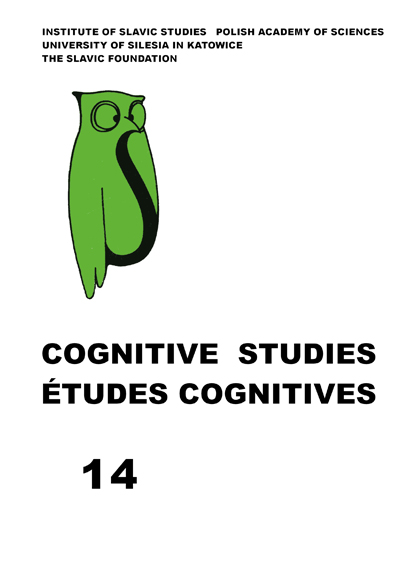Different Aspects of Neosematization on the Example of the Polish and Bulgarian Language
Different Aspects of Neosematization on the Example of the Polish and Bulgarian Language
Author(s): Joanna Satoła-StaśkowiakSubject(s): Language and Literature Studies, Theoretical Linguistics, Semantics
Published by: Instytut Slawistyki Polskiej Akademii Nauk
Keywords: neosemantisms; semantic neologisms; anglosemantisms; semantic borrowings; metaphor, metonymy
Summary/Abstract: The formation of neosemanticisms has its origin in the expressiveness of communication and is caused by the need for naming new objects and phenomena, language fashion or results from contemporary linguistic tendencies such as internationalization or colloquialization of a language. The phenomenon of neosemantization (extending the meaning of words or taking on a new meaning by a lexeme) is a very interesting process. In Polish-Bulgarian confrontative linguistics there is a lack of works describing the process of neosemantization for both languages. The text below is to introduce the reader to essential facts resulting from the initial confrontation of the Polish and Bulgarian language.
Journal: Cognitive Studies | Études cognitives
- Issue Year: 2014
- Issue No: 14
- Page Range: 183-191
- Page Count: 9
- Language: English

